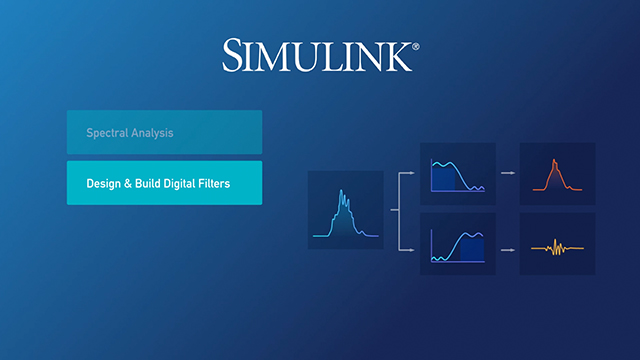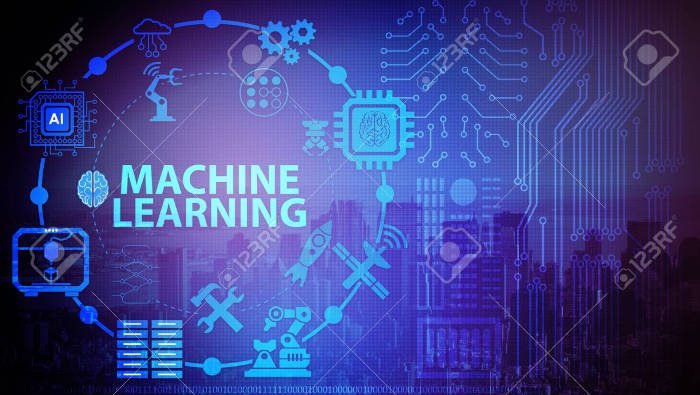Description
Introduction:
In data science projects, effective collaboration and project management are crucial for achieving successful outcomes. This course focuses on leveraging Git to streamline collaborative workflows and manage data science projects efficiently. Participants will learn how to use Git for team collaboration, version control, and project management, ensuring that code, data, and insights are handled systematically. The course covers advanced Git features, best practices for teamwork, and strategies for integrating Git into data science environments. By the end of this course, participants will be adept at using Git to manage complex data science projects, collaborate with team members, and maintain project integrity.
Prerequisites:
- Completion of Git Fundamentals for Data Science: Version Control Essentials or equivalent experience with Git.
- Basic understanding of data science concepts and practices.
- Familiarity with collaborative tools and project management principles.
Table of Content:
- Introduction to Collaborative Data Science
1.1. Importance of collaboration in data science projects
1.2. Overview of collaborative tools and practices
1.3. How Git facilitates collaborative data science workflows
1.4. Key concepts: branching, merging, pull requests, code reviews - Setting Up Collaborative Workflows with Git
2.1. Configuring Git for team collaboration
2.2. Setting up remote repositories and access controls
2.3. Using Git hosting platforms (e.g., GitHub, GitLab, Bitbucket)
2.4. Understanding repository permissions and roles - Branching and Merging for Collaboration
3.1. Advanced branching strategies for collaborative projects
3.2. Creating and managing feature branches and topic branches
3.3. Merging branches and resolving conflicts collaboratively
3.4. Using pull requests for code reviews and integration - Code Review and Quality Assurance
4.1. Best practices for code reviews in collaborative environments
4.2. Using Git tools and platforms for code review processes
4.3. Ensuring code quality and consistency through reviews
4.4. Handling feedback and making iterative improvements - Managing Data and Code in Data Science Projects
5.1. Versioning and tracking data with Git
5.2. Managing large files and data sets with Git LFS (Large File Storage)
5.3. Integrating Git with data science tools (e.g., Jupyter Notebooks, RStudio)
5.4. Organizing project structure for efficient data management - Automating Workflows with Git and CI/CD
6.1. Introduction to Continuous Integration (CI) and Continuous Deployment (CD)
6.2. Setting up CI/CD pipelines for data science projects(Ref: Working with Docker | Kubernetes | GoLang on CI/CD Pipelines)
6.3. Automating tests and validations with Git hooks and CI tools
6.4. Managing deployment of data science models and applications - Handling Conflicts and Resolving Issues
7.1. Strategies for avoiding and resolving merge conflicts
7.2. Using Git tools for conflict resolution and issue tracking
7.3. Collaborating on troubleshooting and debugging
7.4. Maintaining project stability during conflict resolution - Documentation and Collaboration Best Practices
8.1. Documenting projects and workflows with Git
8.2. Best practices for maintaining project documentation
8.3. Collaborating on documentation and knowledge sharing
8.4. Using Git’s built-in features for project tracking and management - Case Studies and Real-World Applications
9.1. Reviewing case studies of successful collaborative data science projects
9.2. Analyzing challenges and solutions in collaborative workflows
9.3. Lessons learned from industry experts and best practices
9.4. Exploring innovative approaches to collaborative data science - Final Project: Managing a Collaborative Data Science Project
10.1. Setting up and managing a collaborative Git repository for a data science project
10.2. Implementing advanced branching, merging, and code review workflows
10.3. Integrating data management and automation into the project
10.4. Presenting and evaluating project outcomes and collaborative strategies - Conclusion and Next Steps
11.1. Recap of key concepts and techniques covered in the course
11.2. Additional resources for continued learning and certification
11.3. Career development opportunities in collaborative data science
11.4. Staying updated with Git features and collaborative best practices







Reviews
There are no reviews yet.